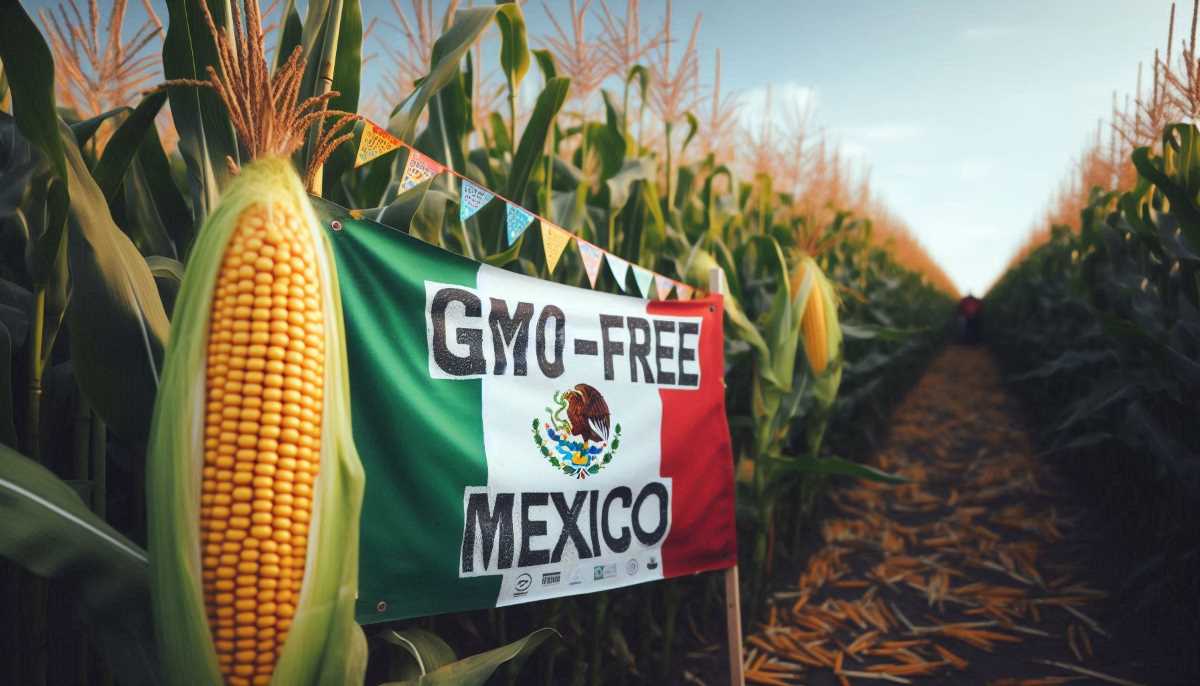A Kernel of Truth in Mexico's Stand Against GMO Corn
Mexico's Constitutional Points Commission has approved reforms to ensure GMO-free corn cultivation. The amendments aim to protect traditional farming practices, address concerns about human health and environmental risks, and promote sustainable agriculture.

In a semi-presidential meeting reminiscent of a theatrical play—half online, half in-person—the Constitutional Points Commission of Mexico, under the stewardship of Deputy Juan Ramiro Robledo Ruiz, has ushered in an era of remarkable change. With the passing of reforms that touch upon the nation's most sacred resources—corn, water, and minerals—the commission has not only altered the legal landscape but also cemented a distinctive vision for the country's future. This curious blend of modern governance and ancient wisdom has resulted in what can only be described as a constitutional cocktail—part policy, part poetry.
In a country where corn is more than just a crop—where it is revered as an element of national identity and a staple of life—the commission's decision to ensure that its cultivation remains untainted by genetic modification is as much a cultural statement as it is a policy choice. By enshrining in the Constitution that "corn... must be free of transgenics and any other genetic modification," the legislators have woven a narrative that connects the modern Mexican state with its ancient roots. This move safeguards the legacy of a crop that has been cultivated for millennia, a grain that has fed civilizations and continues to be at the heart of Mexican cuisine and culture.




